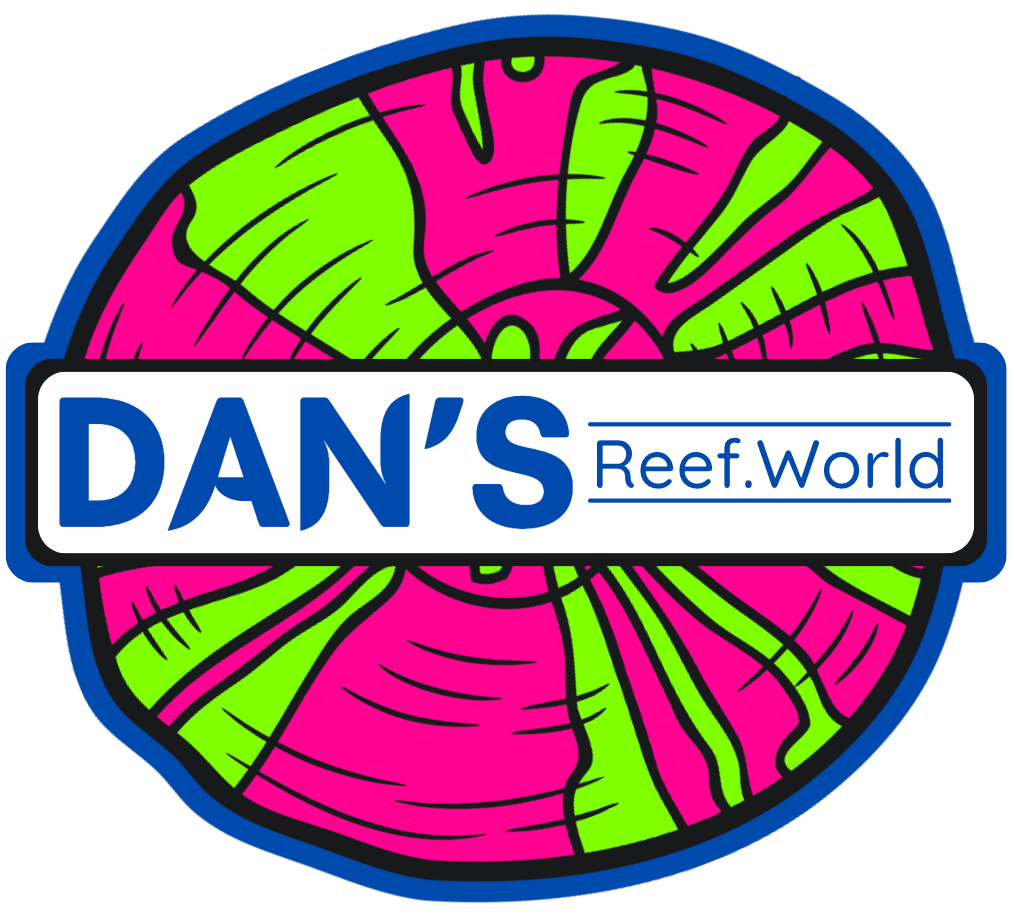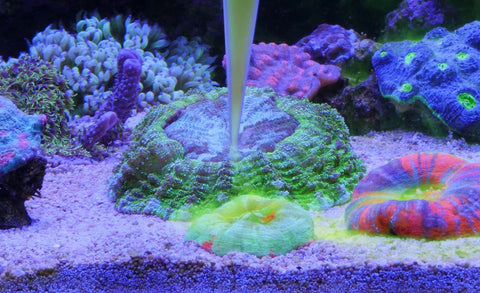Corals are fascinating marine organisms that bring life and beauty to a reef tank. While they derive some of their energy from symbiotic algae called zooxanthellae, many corals also require additional feeding to thrive. Providing the right nutrition can enhance coral growth, coloration, and overall health. Here’s a comprehensive guide on how to properly feed your corals.
Understanding Coral Nutrition
Corals primarily receive nutrients through three main sources:
- Photosynthesis – Corals contain zooxanthellae, which produce energy through photosynthesis.
- Filter Feeding – Many corals capture plankton, brine shrimp, and other microscopic organisms from the water.
- Direct Feeding – Some corals benefit from targeted feeding of specialized coral foods, including amino acids and marine proteins.
Types of Coral Foods
To ensure your corals receive optimal nutrition, consider feeding them a mix of the following:
- Phytoplankton – Beneficial for soft corals, filter feeders, and some LPS corals.
- Zooplankton – Helps support the dietary needs of LPS and SPS corals.
- Liquid Coral Foods – Contains amino acids and nutrients that enhance coral coloration.
- Frozen and Live Foods – Brine shrimp, mysis shrimp, and copepods can be directly fed to certain corals.
- Pellets and Powdered Foods – Provide a well-rounded diet for a variety of coral species.
How to Feed Corals
- Target Feeding: Use a pipette or turkey baster to deliver food directly to corals, ensuring they receive adequate nutrition without excess waste in the tank.
- Broadcast Feeding: Disperse food throughout the tank, allowing filter-feeding corals to capture nutrients from the water column.
- Supplemental Dosing: Some reef keepers add amino acids and other liquid supplements to maintain coral health.
Best Practices for Feeding Corals
- Feed at Night: Many corals extend their feeding tentacles at night, making this the ideal time to provide food.
- Monitor Tank Parameters: Overfeeding can lead to water quality issues. Regularly check nitrate and phosphate levels.
- Adjust Feeding Based on Coral Type: LPS corals often require meaty foods, while SPS corals thrive with smaller planktonic food sources.
- Observe Coral Response: Healthy corals should extend their polyps and respond actively to feeding.
Conclusion
Feeding corals in a reef tank is essential for maintaining their vibrant colors, strong growth, and overall health. By providing a balanced diet and monitoring water conditions, you can create a thriving reef ecosystem. Whether you’re a beginner or an experienced reef keeper, consistent and appropriate feeding will ensure your corals flourish for years to come.
Committed to providing you with all the essential information you need for a healthy reef tank, Dan Reef provides coral feeding parameters for every coral available at our store.




